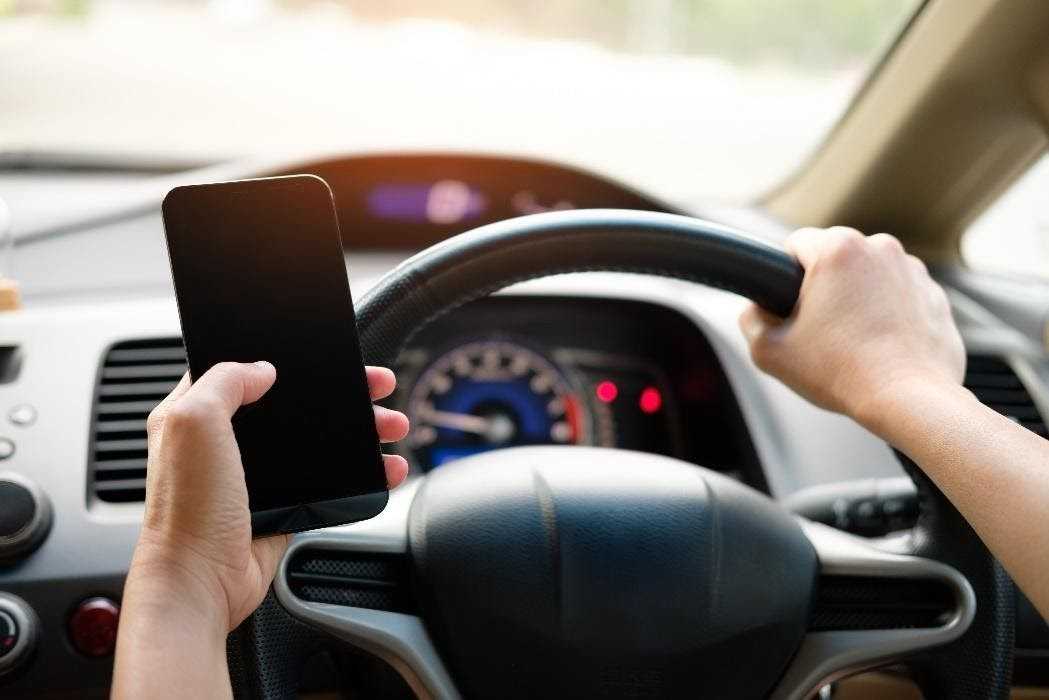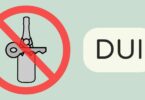
Can I Drive After An OWI Conviction?
A driver can legally get behind the wheel again once they have been convicted for driving while intoxicated. There are restrictions and consequences that will come with this, however. They can only operate a vehicle as long as they don’t do it on public streets or highways, and their blood alcohol content (BAC) is less than 0.08%. If you do not have any experience with a business law attorney or a DUI lawyer, you should know that attorneys will help you get an ignition interlock device installed and maintained in your vehicle.
What Is An Ignition Interlock Device?
An ignition interlock device is a breathalyzer that has to be hooked up in the vehicle so a driver can’t operate it unless there’s no alcohol detected. The driver will have to blow into the mouthpiece before starting their car and after notifying law enforcement of an accident or if they are pulled over by authorities for any reason.
How Does An Ignition Interlock Affect Driving Ability?
The interlock will affect a person’s ability to drive as they can’t operate the vehicle if alcohol is detected. They’ll also need to be aware of their BAC level and not exceed it, which means that some people might have to cut down on drinking or avoid it altogether until they get back behind the wheel again.
Can Other People Drive My Car If It Has An Ignition Interlock Device?
People will be able to drive a car if they have an ignition interlock device installed, as long as it’s not on public streets or highways.
The driver can only operate the vehicle with an alcohol content of less than 0.08%. They’ll also need to make sure that there is no electricity running to their engine when operating and driving around town, which means that they’ll need someone else at hand for them to get around while hooked up to this type of device. This person needs permission from the court before being allowed behind the wheel again but won’t require any license themselves in these instances.
Consequences That Come Along With OWI Conviction
Driving License Temporary Suspicion
A driver will lose their license if they are convicted for driving while intoxicated, which means that they’ll need to rely on family and friends in order to travel anywhere. They can also apply for a restricted permit as soon as they’ve served the majority of time behind bars or with probation, but this would only allow them to drive locally around town without having any other benefits such as access to public transportation.
If a person is convicted of driving while intoxicated, the driver will have their license suspended for one year. The judge may reduce this to six months if there are significant mitigating factors on behalf of the defendant. These may include extenuating circumstances that contributed to the conviction, an exemplary history without any prior offenses in over ten years, and no more than one prior OWI conviction in over ten years.
Arrests Made By Law Enforcement
If law enforcement has detected alcohol or drugs in the driver’s system, they’ll be arrested. The first offense results in having one year without an operating privilege, but each subsequent time leads to harsher penalties on top of this suspension period. For example, a person who has two prior offenses will end up losing their license for three years if convicted again after already serving time behind bars from their previous convictions.
Fines
A person convicted of driving while intoxicated will have to pay fines in order for the court proceedings to be put on hold. This usually includes bail fees and other costs associated with these types of charges.
High Premium Insurance Rates
If a person is convicted of operating while intoxicated, they’ll see a sharp increase in their insurance rates. This may not be the case for everyone due to some states’ laws on how this type of conviction affects people’s premiums, but it will usually lead to higher costs when applying for coverage with any company as well.
Participation In Drunk Driving Education Program
A person convicted of drunk driving will have to participate in a Drunk Driving Awareness Program. This is usually done by attending a class or making an appointment with program specialists who can help them learn about the dangers and consequences of this type of offense and what they need to do differently in the future.






